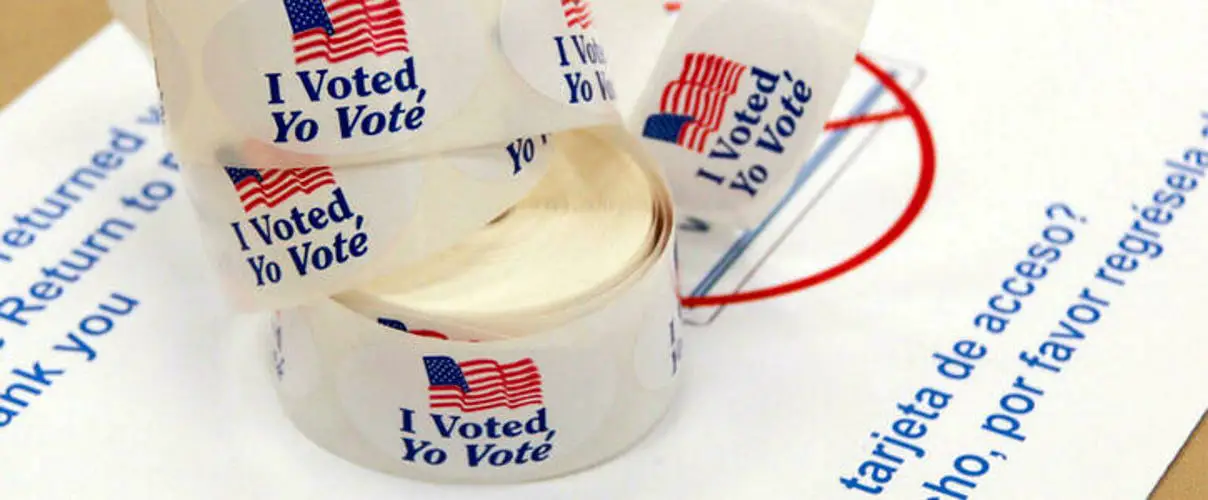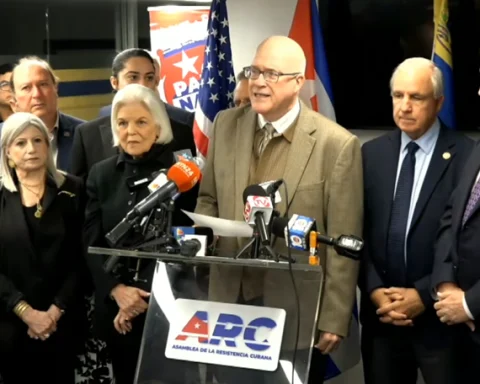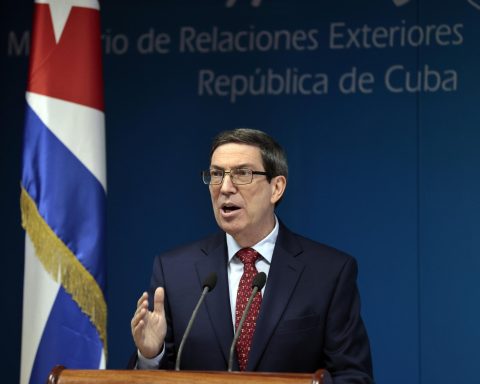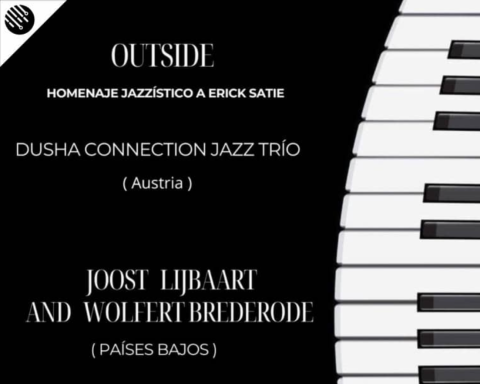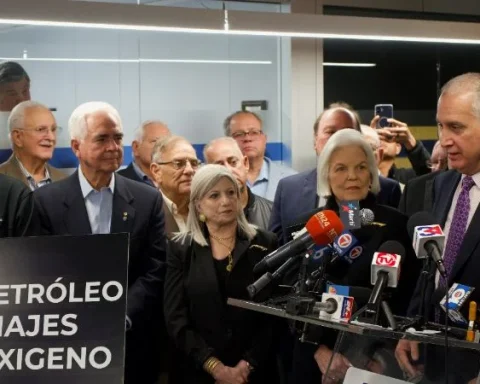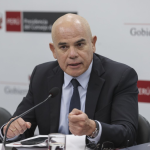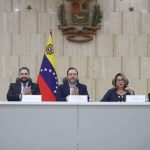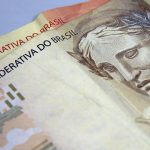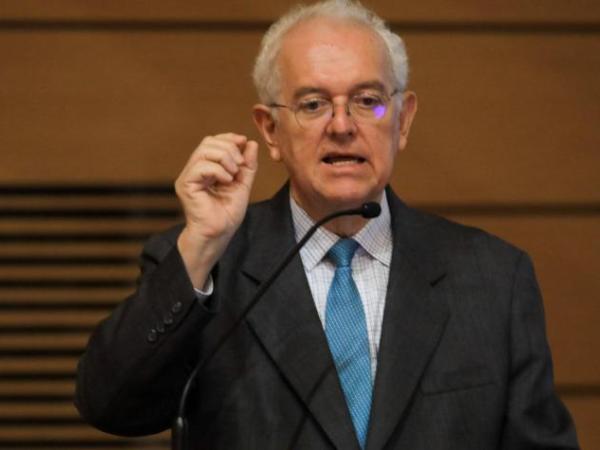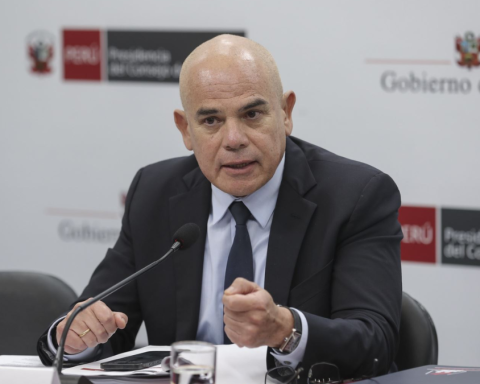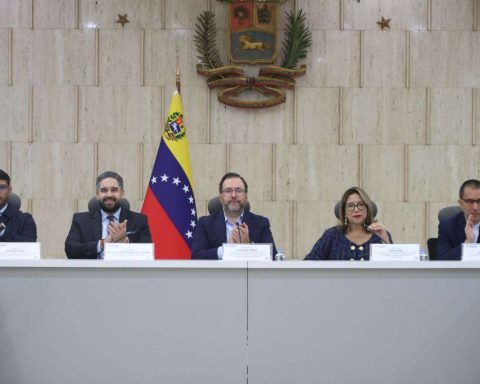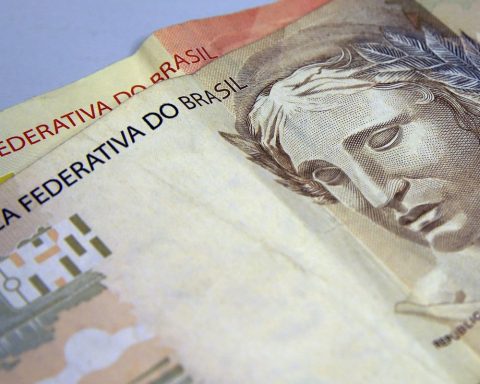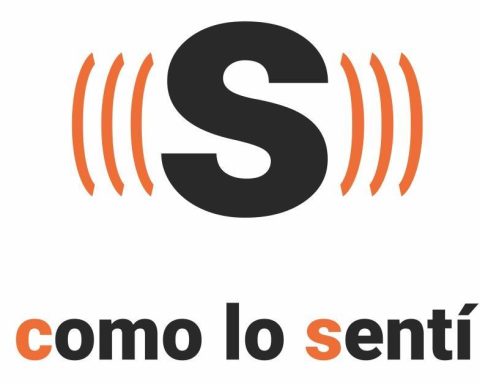MONTANA, United States. — The annual flooding of the Nile, the result of enormous rainfall in the Ethiopian mountains, has been a critical natural cycle in Egypt since ancient times. The floods were seen as an annual visit from the gods and the responsibility of the pharaoh. So if there were no floods, it was rational to kill the pharaoh. We currently feel the same way about our elected officials, particularly the President.
Economist Bryan Caplan explores this topic in his book The myth of the rational voter, subtitled “Why do democracies choose bad policies?”. Professor Caplan argues that voters are irrational when it comes to economic policies, often supporting, under false beliefs, self-congratulatory policies, such as protectionism or the minimum wage, that are demonstrably harmful to most people.
Caplan introduces his work with a delightful snippet attributed to Adlai Stevenson: While campaigning in Illinois, a supporter told him, “Governor, all who think are with you.” To which the witty Stevenson replied: “It is not enough. I need a majority.”
Thinking people may be in the minority, but it seems that democracy can work relatively well, even with ignorant voters on a large scale, due to the so-called “Miracle of the Ensemble”. In the United States, almost half of the Americans do not know that each state has two senators, and three-fourths do not know the length of their terms. More than half cannot name their congressman, and 40% cannot name their senators. Thus, although democracy gives equal voice to the informed and the not so well informed, the informed ends up determining the policy due to the “Miracle of the Ensemble”.
The “Miracle of the Set” works something like this: in an electorate with 100% well-informed voters, the majority wins. Now, imagine an electorate where 99% of the voters are not that well informed and will vote randomly, and only 1% are well informed. In an electorate, it is a basic statistic that each candidate will have about half of the not-so-well-informed voters voting randomly. In other words, each candidate would have 49.5% of the not so well informed vote. And the winner will be the candidate who can attract the most informed 1% vote. According to the “Miracle of the Ensemble”, 99% of ignorant voters end up with the same candidate as the 100% well-informed electorate.
However, the “Miracle of the Ensemble” begins to break down when voters have systematically developed biases. According to Professor Caplan, that is the case regarding economic policies; voters base their preferences on a deeply flawed understanding of the economy.
Consequently, the biggest obstacles to sound economic policy are not powerful special interests or lobby groups. Rather, misguided economic policy is due to voter economic confusions, irrational beliefs, and personal biases. Caplan offers interesting examples of immigrants. Citizens of poor countries often yearn to emigrate to rich countries. Yet in their country and in the new country, they rarely vote for parties that promise to implement economic policies that have made rich countries rich.
A popular economic misconception is anti-foreign bias, defined as “the tendency to underestimate the economic benefits of interacting with foreigners.” We systematically see our countries as in a trade war with other nations. We do not understand the economic principle of “comparative advantage” that allows countries to benefit from trade even if a country has production cost advantages. The degree of benefit obtained by each country will not be equal, but it will always be positive for both parties (Having taught “comparative advantage” to university students, I appreciate that the subject is not understood intuitively).
Anti-foreign trade bias often has ethnic roots. For example, to Americans, trade imbalances with Japan or Mexico seem more problematic than imbalances with similarly ethnic nations like England or Canada.
As voters, we elect politicians who share our economic biases. This results in bad economic policies, such as protectionism or the minimum wage, continuing to thrive by popular demand. Maybe when the Nile doesn’t cause flooding we should keep Pharaoh and revisit our economic beliefs.
Note: Dr. Azel’s latest book is “Freedom for Newbies”.
OPINION ARTICLE
The opinions expressed in this article are the sole responsibility of the person who issues them and do not necessarily represent the opinion of CubaNet.
Receive information from CubaNet on your cell phone through WhatsApp. Send us a message with the word “CUBA” on the phone +525545038831, You can also subscribe to our electronic newsletter by giving click here.
The post Democracy and economy: the keys to the “Miracle of the Whole” appeared first on CubaNet.
